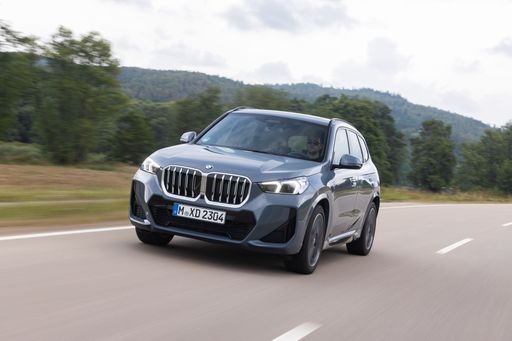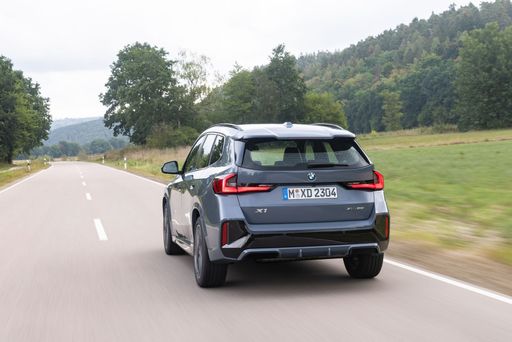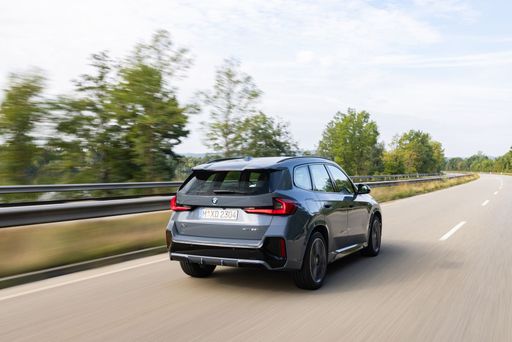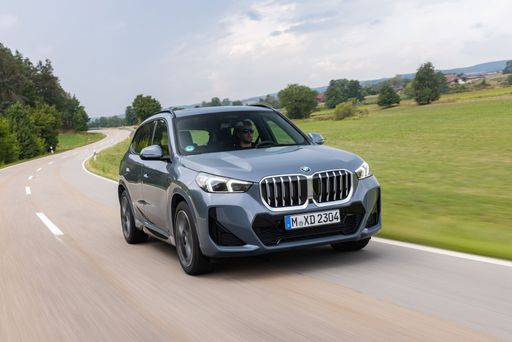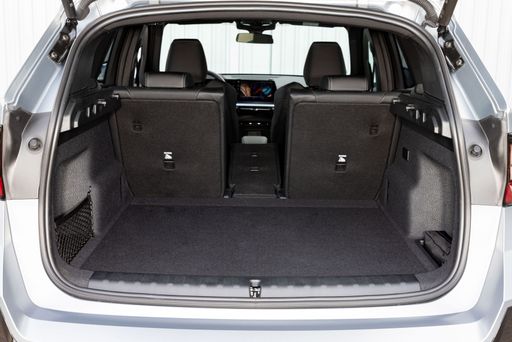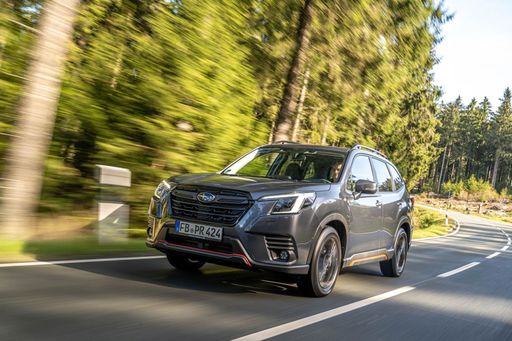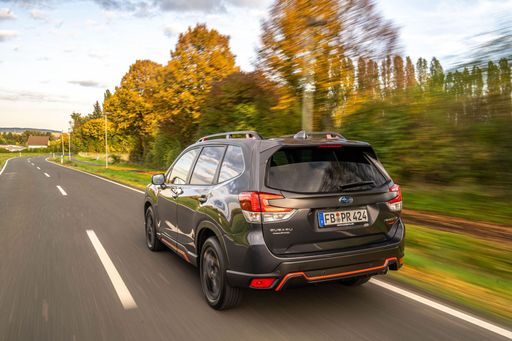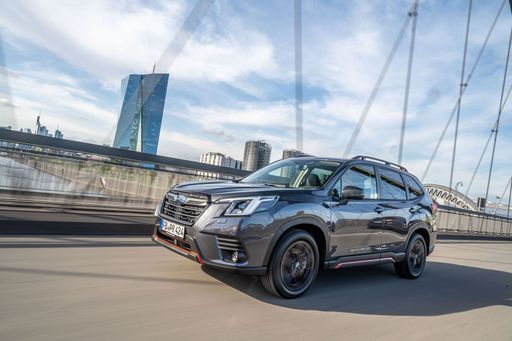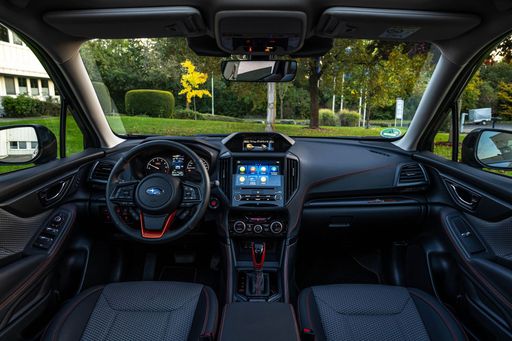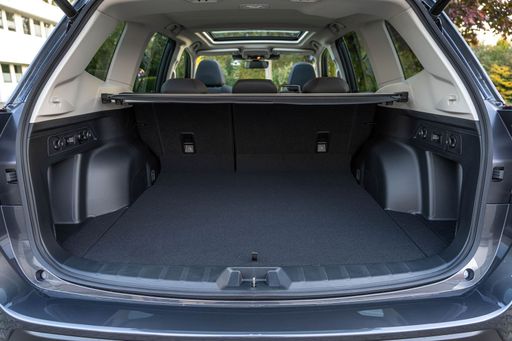The Battle of the SUVs: BMW X1 vs. Subaru Forester
In the highly competitive world of SUVs, the BMW X1 and Subaru Forester stand out as compelling options for buyers seeking a blend of performance, comfort, and practicality. Both vehicles embody their brands' identities but cater to slightly different segments of the SUV market. Here's how they compare, focusing on technical specs and innovations.

